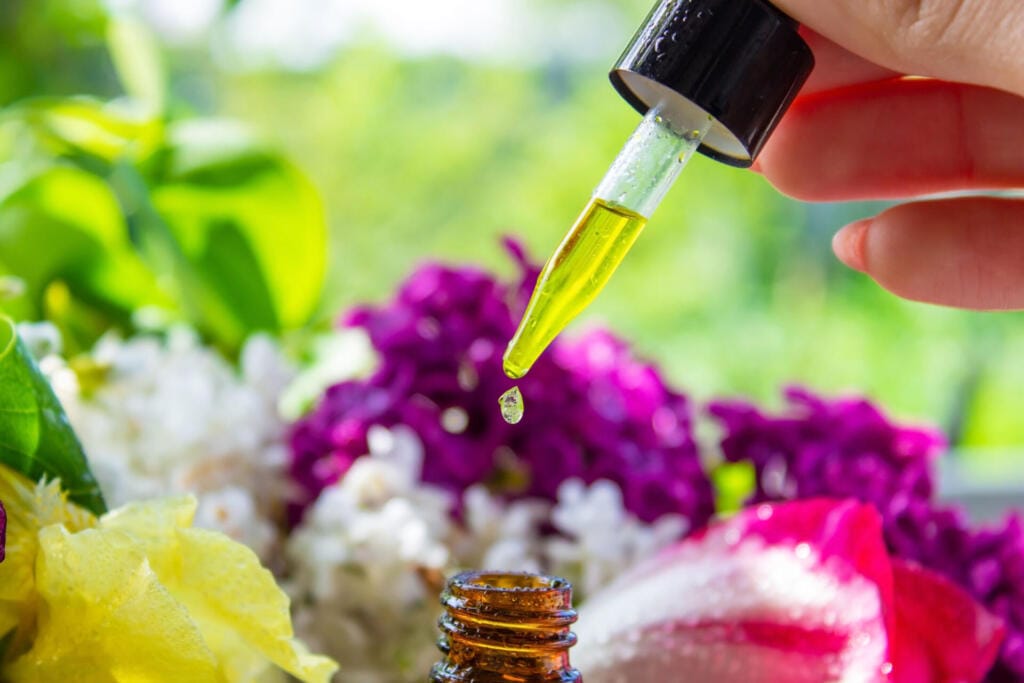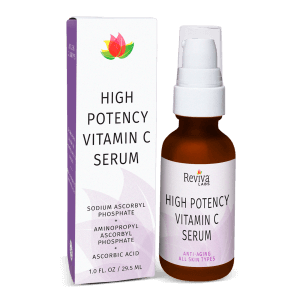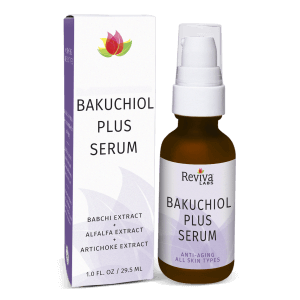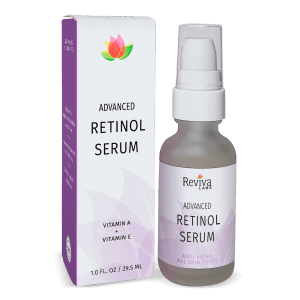Ingredients, Natural, Reviva Labs
Why Essential Oils Matter for Your Skin
Essential oils are like concentrated plant wisdom, bottled up to offer a range of skin benefits. They’re extracted from flowers, leaves, stems, and other parts of plants, often using methods like steam distillation. What sets them apart is their ability to address specific skin concerns—from inflammation and acne to dryness and signs of aging—without relying on harsh chemicals or synthetic ingredients.
But here’s the key – essential oils aren’t magic; they’re chemistry. The right oil in the right concentration can be transformative for your skin, but using the right amount in a formulation is important. Here’s some of the essential oils that pop up most often in skincare products and discover why they’re so well-loved.
Top Essential Oils in Skincare
Tea Tree Oil – For Acne-Fighting
If you’ve dealt with acne, chances are you’ve used a product with tea tree oil. Its antimicrobial and anti-inflammatory properties make it a powerhouse for fighting off the bacteria that lead to breakouts. Tea tree oil can be a game changer for anyone struggling with acne-prone skin, offering a natural alternative to harsher treatments like benzoyl peroxide.
In fact, a study published in the Journal of Dermatology found that tea tree oil was nearly as effective as benzoyl peroxide in reducing acne lesions, without the same level of dryness and irritation.
Lavender Oil – An Elixir for Dry and Sensitive Skin
Lavender oil is like the comfort blanket of essential oils. Known for its calming properties, it’s incredibly gentle on the skin, making it a great option for sensitive types or those suffering from conditions like eczema. It has both anti-inflammatory and antimicrobial qualities, which help soothe irritated skin while promoting healing. For dry skin, lavender oil works wonders in helping to balance moisture levels in the barrier layer.
It’s scent has the ability to help you relax, especially when used in a nighttime bath or a calming massage. Lavender oil is often found in serums, moisturizers, and even facial mists designed to calm irritated or stressed-out skin.
Rosehip Oil – The Anti-Aging Powerhouse
Rosehip oil is a rising star in the anti-aging world. Packed with essential fatty acids, antioxidants, and vitamins like Vitamin A and C. And, as a bonus, it’s lightweight and absorbs easily into your skin without clogging pores.
Rosehip oil is known for its ability to improve skin texture and tone. It’s rich in Vitamin A (similar to retinol), which helps with cell turnover and the reduction of fine lines. Vitamin C in rosehip oil brightens the complexion and fades dark spots, giving skin that radiant glow we all crave.
In a 2015 study, participants who used rosehip oil experienced significant improvements in skin moisture and elasticity after eight weeks of use. So, if you’re looking for a natural way to firm up your skin and reduce the appearance of wrinkles, rosehip oil is worth a try.
Frankincense – The Healer
There’s something almost mystical about frankincense, and not just because of its historical use in ancient rituals. This essential oil is revered for its ability to promote healing and reduce the appearance of fine lines and wrinkles. It’s also a potent astringent, helping to tighten skin and reduce the appearance of pores.
Frankincense is commonly found in anti-aging skincare formulations, thanks to its ability to boost cell regeneration and its anti-inflammatory properties. If you’re dealing with skin that’s showing signs of aging, sun damage, or scars, frankincense might be your next go-to oil.
Chamomile – A Gentle Soother
Chamomile isn’t just great for tea—it’s one of the most soothing essential oils for the skin. Packed with azulene, a compound known for reducing inflammation, chamomile is perfect for calming redness and irritation.
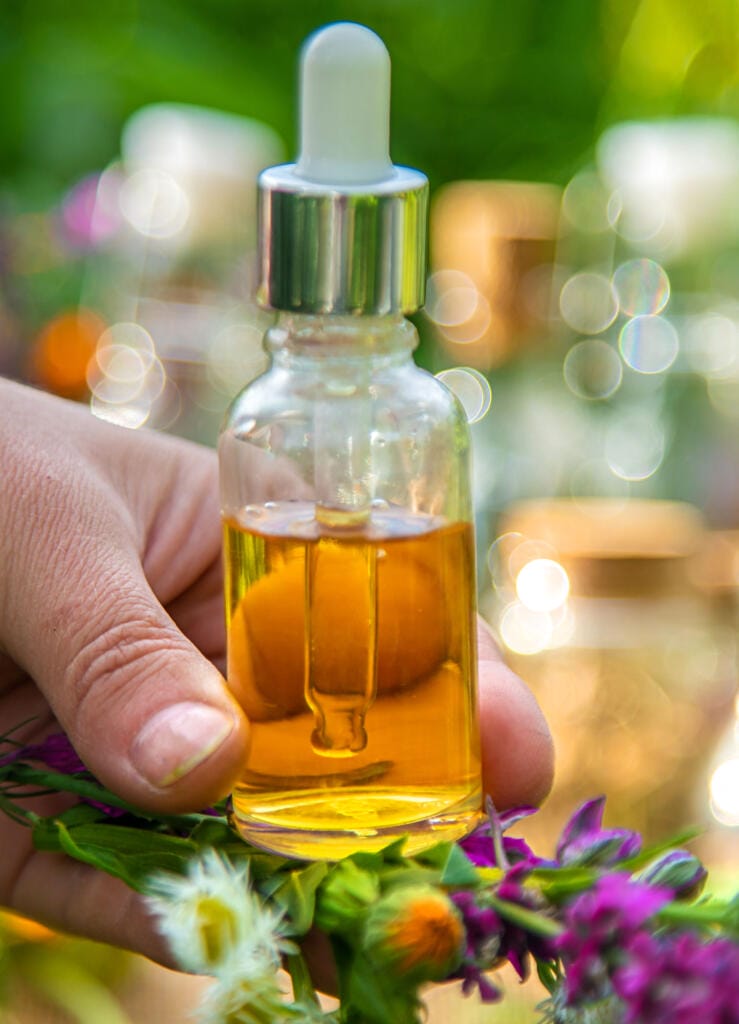
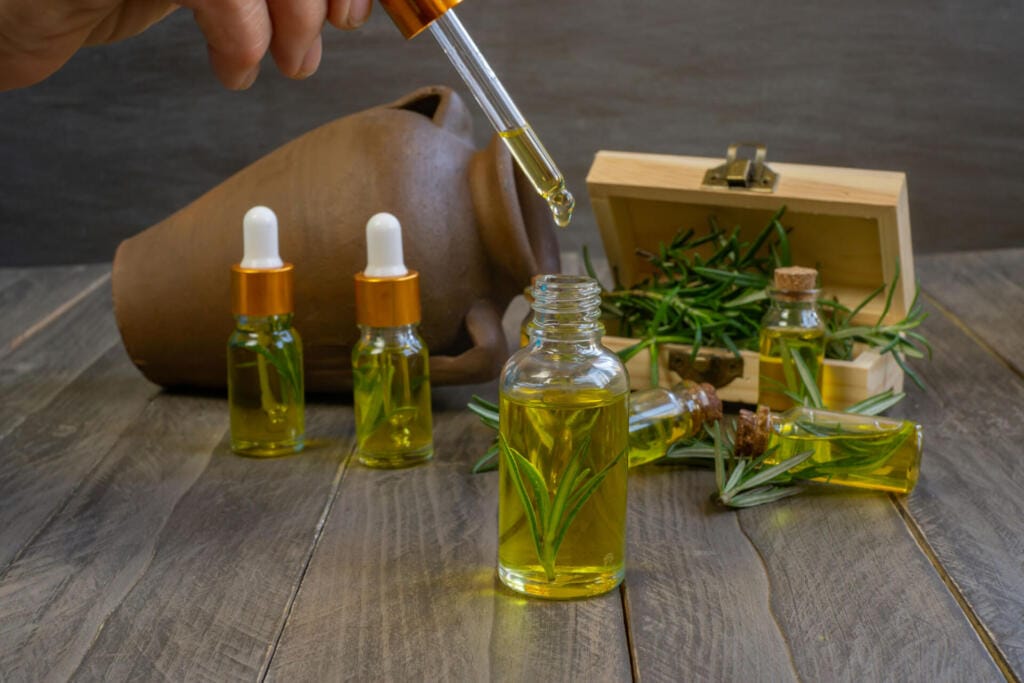

It’s commonly used in products designed for sensitive or inflamed skin, as its anti-inflammatory properties help soothe conditions like rosacea or eczema. Chamomile is especially good in face masks or creams formulated to cool down irritated skin after sun exposure.
Geranium Oil – The Balancing Act
For anyone who struggles with combination or oily skin, geranium oil is a game changer. This essential oil helps balance oil production, making it a fantastic addition to skincare products aimed at controlling shine and breakouts. It’s also antibacterial, which means it helps keep pores clear and fights acne-causing bacteria.
Geranium oil is often found in toners or serums targeting uneven skin tone and texture. What’s more, its antioxidant properties make it great for combating the effects of environmental stressors, helping to keep your skin looking youthful and fresh.
Incorporating Essential Oils into Your Skincare Routine
Essential oils are easy to incorporate your skincare routine. The key is moderation and proper dilution.
Essential oils should never be applied directly to the skin in their pure form, as they can cause irritation. Instead, mix a few drops of your chosen essential oil into a carrier oil or your favorite moisturizer. For sensitive skin, a patch test is always a good idea before applying the oil to your face.
Carrier Oils
Carrier oils are neutral oils that “carry” the essential oil into the skin, diluting its potency so it’s safe to use. Some of the best carrier oils for skincare include:
- Jojoba Oil: This oil is remarkably similar to the skin’s natural sebum, making it an excellent choice for those with oily or acne-prone skin.
- Sweet Almond Oil: Rich in vitamin E, sweet almond oil is incredibly nourishing and works well for dry or sensitive skin.
- Coconut Oil: Coconut oil is packed with fatty acids and offers both moisture and protection. However, it can be comedogenic (pore-clogging), so it’s better suited for body care rather than facial use.
Choosing the Right Essential Oil for Your Skin Type
Since different skin types benefit from different essential oils, here’s a quick guide to choosing the right one for you:
- Oily/Acne-Prone Skin: Tea tree oil, lavender oil, and rosemary oil are great for controlling excess oil and fighting acne.
- Dry Skin: Rosehip oil, frankincense oil, and sandalwood oil provide moisture and promote healing.
- Sensitive Skin: Chamomile oil and rose oil are gentle and soothing, helping to reduce redness and irritation.
- Mature Skin: Frankincense oil, myrrh oil, and rosehip oil are packed with anti-aging benefits, helping to reduce the appearance of fine lines and wrinkles.
Essential Oils Are a Natural Gift to Your Skin
When incorporated thoughtfully into your routine, essential oils can provide a host of benefits, from soothing inflammation to fighting acne and even reducing signs of aging. With so many to choose from, it’s easy to find an oil that fits your specific skin type and needs. Just remember—always dilute, always patch test, and listen to what your skin tells you!



